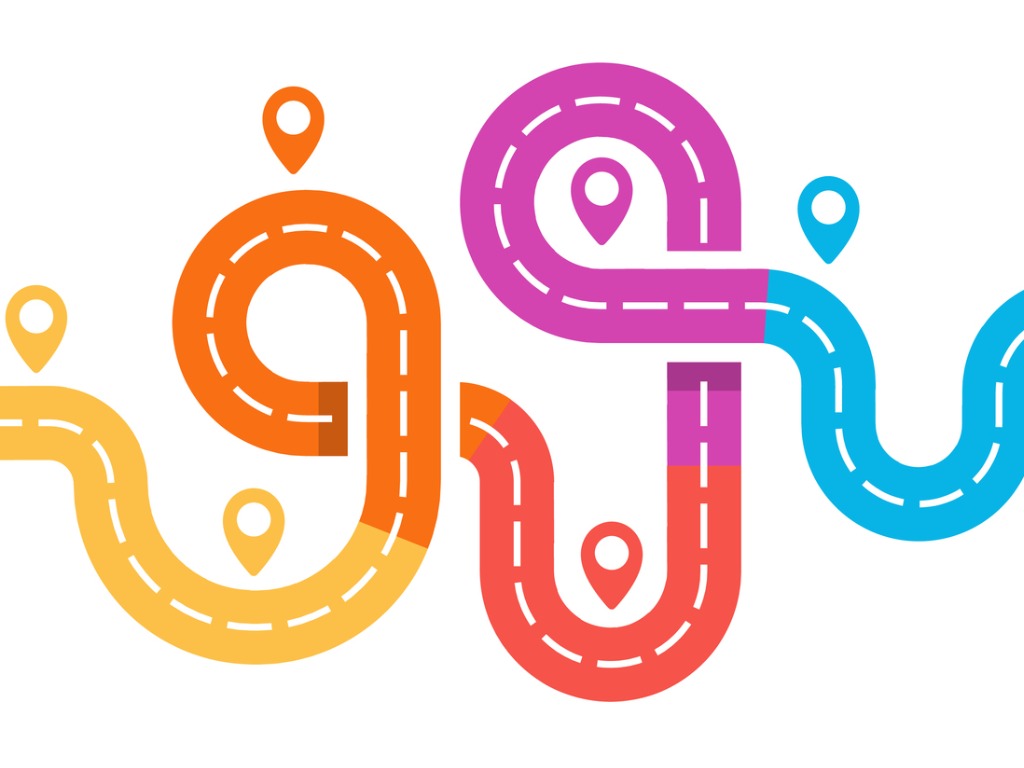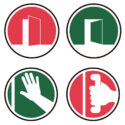
Where we choose to place our focus dictates how we invest our cognitive energy explains Jason Liem
Earlier in my career, my focus was to chase the wins. When I scored, I didn’t take the time to celebrate my accomplishments. Instead, my drive was to hunt down and bag each successive win.
The hunger was my sense of lacking, and I ignorantly believed the next achievement would satiate that hunger. I would eventually reach my goal after struggling and striving, but I wouldn’t be satisfied. So, without realizing it, my focus was stubbornly on what I lacked and not what I already had or what I had gained.
Chasing successive wins to satisfy my sense of “lacking” was akin to chasing the horizon –an elusive target. I would not accept this glaring fact. Instead, I increased my speed and doubled, if not trebled, my efforts, but it was to no avail. It left me feeling empty and exhausted.
I was so fixated on chasing the outcome that I lost sight of how far I had travelled to build my company and to value the experiences along the way. At some point, I came to the undeniable conclusion that I needed to try something else.
Effort Versus Outcome
Where we choose to place our focus dictates how we invest our cognitive energy. The big challenge is that we are not always conscious of where we focus the spotlight of our attention.
In mundane and trivial moments in our lives, there is no harm in this. On the contrary, it is beneficial to our brains to let our minds wander and daydream. It allows us to unplug for a bit and let our minds relax.
When it becomes more problematic is when we feel pressure or uncertainty. It is then that our focus tends to favour pessimism and negativity.
From my experience, when we are under pressure, we need to be selective of how we invest our attention. As our minds speed up, we tend to become too occupied with the outcome and place too little focus on the effort needed to reach the outcome. Focusing too much on the result can be incredibly draining on our motivation – especially when we know there is a vast distance to cover before we cross the finish line. The distance can leave us feeling overwhelmed.
The Short Game and the Long Game
The short game (SG) is a phrase I use to refer to the effort and actions we take in the here and now. The long game (LG) is the term I use to specify the future outcomes and goals we are trying to reach.
Connecting the two, the SG is about investing our energy and focus in the present to help us achieve our future objectives of the LG. But unfortunately, we spend way too much of our mental powers on the outcomes of the LG and not enough where we can truly make a difference in the efforts of the SG.
As an example, I am trying to learn to speak German. If I spent the majority of my attention on the outcome of becoming utterly fluent in the language, I would feel overwhelmed by how far I still need to go before I get there.
Focusing too much on where I want to be instead of what I need to do in the present to get there can leave me feeling overwhelmed. This feeling leads to ruminating about my lack of progress, which leads to inaction and indecision, which fuels even more negative thinking.
Instead, I redirect my attention to what I can do today to improve my fluency. Taking decisive action nourishes the sense of control that I have over my situation. If I only learn a couple of words or a single phrase that day, it is still progress. Action is the remedy for inaction. Decisions are the countermeasure to indecision.
Of course, it is sensible for me to have a destination. It helps me align where I am now to where I want to go. And that is the critical point; I want to use the objective of the LG to check that I have the correct orientation and head in the right direction.
Most of my attentional investment should be on what I need to do to achieve the result I want – focusing my efforts on the actions that I can take in the here and now. By focusing on the SG, I am keeping my mind locked on what I can control and influence. This sense of autonomy sustains my confidence and fuels my motivation.
Reference Points
The reference points we choose to use directly affect our levels of self-confidence and self-doubt. Concerning the SG and the LG, it’s vital to have two sets of markers to measure our movement and progression.
When measuring our progress, two questions tend to dominate our mental landscape: ‘What do I lack?’ and ‘What have I gained?’ But, unfortunately, many of us assign too much weight to the first question rather than the second.
We can get way too focused on all the things that we lack. We form a picture of an ideal in our heads, and we slavishly chase after the ideal. The thing about ideals is that they are always on the horizon, but we never arrive at the horizon.
For me, ideals work better as a compass than a distinct end point. Ideals provide direction and orientation and not a final destination.
Another helpful reference point is the use of hindsight. It’s simply about looking over our shoulders and seeing how far we’ve come. The trail we’ve traversed is concrete and tangible. We have marked it with our mistakes and lessons learned, good and bad experiences, closed and open doors, opportunities lost and gained.
Hindsight provides us with factual information about our progression. Measuring where we are today compared to yesterday is a clear indication of how we’ve grown and developed. These reference points instill confidence in us.
Finding Confidence in the Face of Adversity
Now and then, we feel we’ve sorted everything out, and then life throws us a curveball of uncertainty. It derails our plans and plays havoc with our schedule. It can leave us feeling overwhelmed, leading to inaction and indecision.
In times like these, knowing how to use the focus tools of the SG and LG in combination with the reference points of hindsight and compass can help us find confidence when facing adversity.
For instance, let’s say uncertainty shows up on my doorstep uninvited, and it scatters my plans to the wind. Initially, the arrival of uncertainty leaves me disoriented, but only for a moment. Then I reclaim my wits by asking myself specific questions.
The first set of questions focuses my brain to consider the long game and the outcome I want. The second set of questions focuses on thinking about the short game and the actions I can do in the here and now. Focusing on where I can invest my energy and effort helps me feel that I can influence my situation. In addition, it helps me to feel in control, which fuels my confidence.
As I progress into the turmoil, I will need reference points to measure my progression. The first is to check my current location to assure myself I’m headed in the general direction of my intended outcome. As is the way of things, sometimes plans go awry, so sometimes I need to ask myself compass questions to ensure correct orientation and alignment.
I’ll occasionally consider where I am now in comparison to the distance I still need to travel. But I’ll be sure to limit this focus. Instead, I’ll use hindsight as an accurate measure of my progression, knowing that it’s much healthier to consider what I’ve gained rather than what I lack.
Questions
When life feels turbulent due to pressure or uncertainty, asking ourselves guided questions reorients our focus to where we have control and where we can take action.
Even if cautiously and slowly, moving forward is preferable to sitting idle, where we tend to overthink and get caught up in negative thinking loops. Action is the antidote to inaction, as decisions are to indecision.
Focus questions on outcome – the long game
- What is the outcome I would like to see?
- How do I picture the outcome?
Focus questions on effort – the short game
- What can I control or influence at the moment?
- What do I need to do to move one step forward?
- The path to my goal is unclear, but what is my next step?
- What action can I take right now to move me closer to the outcome?
- How have I handled similar situations in the past?
Reference point – hindsight
- How far have I come?
- What have I gained in skills, knowledge and experience?
- What lessons have I learned from my mistakes and my successes?
- How have I grown and developed in the last 2 weeks? 2 months? 2 years?
Reference point – compass
- Am I headed in the correct direction?
- Is my current orientation aligned with my outcome?
- Do I need to make any adjustments?













